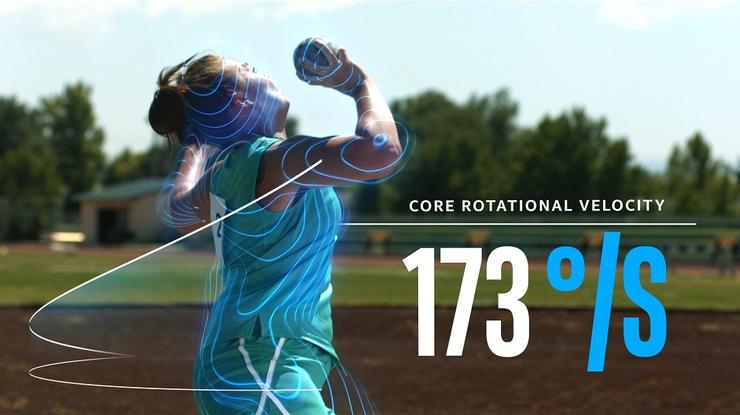Can Alibaba and Intel Take Olympic Analysis to New Heights?
A joint initiative aims to support Alibaba’s Sports Brain project for the 2020 Summer Games
Story Highlights
Can Alibaba and Intel take their respective technologies, bring them together, and offer a whole new level of statistical analysis and understanding to sports fans and athletes? That’s the hope of the two companies, which has announced a new initiative that provides a key pillar to Alibaba’s Sports Brain project for the Olympics and could transform other events as well.
“We have been working with Intel since before our Olympic partnerships, as we use the Intel chip in our data centers,” says Joey Tan, head of global strategic initiatives, Alibabs Cloud. “Technology collaboration is in our DNA.”
Alibaba has four key areas of focus for what it calls its Sports Brain project for the Olympics. First, using the cloud, AI, and digital technologies to make it cheaper and safer to host an Olympics and keep the event running smoothly and efficiently. Second, offering innovations with new digital experiences for fans and attendees. Third, helping rightsholders go about their business in a new way with new efficiencies and cloud-based workflows. And, fourth, using new technologies that can make a difference for the high-performance Olympic athlete’s performance.

Alibaba and Intel’s new project aims to transform track and field coverage for the 2020 Tokyo Olympic Games.
The new project between Alibaba and Intel addresses the third and fourth aspects of the Sports Brain project and will leverage technology and engineering professionals from both companies to transform track and field coverage for the 2020 Summer Games in Tokyo.
The challenge was figuring out how to gather data without having athletes wearing chips and other devices. According to Tan, Alibaba’s efforts around three-on-three basketball make use of chips, and that has allowed everything from not only gathering of statistics but also automated commentary. However, wearing chips is currently not an option for Olympians competing in track and field.
“But Intel has a very well-developed HD camera systems that we are very comfortable with,” notes Tan.
The Intel camera system will provide original video material that will be coupled with algorithmic biomechanical analysis tools that Intel and Alibaba engineers are building together in Beijing.
Says Tan, “We are analyzing content and combining the data with video and sound and trying to come back within a time frame of less than 30 seconds.”
Alibaba has used cloud and volumetric VR for athletes’ training in gymnastics, table tennis, and other sports in China. But now the goal is to take replays of events to the next level. Picture a 100-yard dash where viewers can see how fast each athlete runs and accelerates, the speed of rotation as a shot is launched in the shot put, and much more.
“When it comes down to it, the primary purpose is consumer engagement,” says Tan. “We want to provide rightsholders with more-innovative tools so they can create engaging content with stats and visualization to make the stats more interesting.”
Tan says that Alibaba’s cloud efforts are going well, with the company ranked third globally behind Microsoft and AWS. In North America, however, the company is still fairly nascent, he adds, which is why efforts at events like the Olympics and with partners like Intel are important. The goal is to show that many of the cloud workflows that Alibaba has successfully applied to e-commerce can apply equally well to sports production.
“The lowest-hanging fruit is more-engaging content for the broadcasters,” he says, adding, “For the athletes, it is about competitive advantages.”
